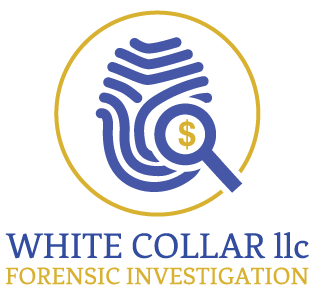One health care fraud and abuse scheme that is incredibly common but not at the top of the list of schemes discussed relates to ambulance and transportation.
Health insurance carriers, health plans, Medicare and Medicaid will reimburse for services associated with the transportation of patients and members when medically necessary. Medicaid and Medicaid health plans are, by law, required to provide transportation benefits for the benefit of Medicaid beneficiaries to ensure access to services.
Of course, it makes total sense to make sure that patients are able to access medical services when needed and one might ask how can those who provide transportation services defraud and/or abuse the health care system. Sadly, the answer is simpler than might be imagined, particularly in the Medicaid arena.
Fraud and abuse in the transportation arena can occur in a variety of ways, including but not limited to:
Billing for the transportation of patients who were never transported (the insurer should make sure that there is a bill for medical services on or about the same date).
Billing for trips that are not medically necessary; for example, billing the Insurer for a patient requested trip to the grocery store or similar establishment.
Billing more miles than were actually incurred; for example, if a trip to the medical provider is 15 miles, it is not uncommon for a transportation company to bill for more than 15 miles (either on the way or on the return trip). This increases the reimbursement the transportation company receives and the patient will never be the wiser.
Billing for trips when the trip to the provider is, say, 15 miles but the transportation company charges 30 on the return trip (same pick-up and drop-off address).
When a taxi service is used, it is not uncommon for a driver to leave the meter running once the patient leaves the vehicle or to turn the meter on prior to the pick-up of the patient.
Double billing for the same service/trip. This can easily be accomplished by simply changing a date on the second bill.
Upcoming is also common; when a transportation company bills for an attendant to accompany the patient when one was not needed or for using an ambulance when there was no need for emergency transportation.
Kickbacks are also relatively common; giving free rides for nursing home providers so as to gain access to their Medicaid patients or paying patients to use a particular transportation service or even paying those who arrange for transportation services to use a particular service.
Finally, as strange as it may sound, companies will continue to bill for those who are deceased or no longer eligible; even receiving payment until the Medicaid agencies, health plans or Insurance carriers get their records corrected.
All of those who are paying for these services must be incredibly attentive to the services being requested and delivered. This includes oversight to monitor patient access, patient complaints and make sure that there are services delivered effectively. The transportation companies must be subject to regular audits of their records and they should be required to produce audits of their own internal activities. When a transportation provider causes an Incorrect claim to be filed, the False Claims Act may come into play. All conflicts of interest must be Identified and addressed, there must be appropriate approvals in place to ensure that the trips are medically necessary. Insurance claim forms should match the dates of transportation of patients.
This is a complicated area of health care but there are hundreds of millions spent, annually, related to the transportation of patients. Healthcare analytics should be strong and the data should be parsed monthly to ensure appropriate payments. Competitive bidding for transportation services should be a starting point for those who cover these services and prior approval required for almost all trips.
Current cases have involved transportation providers in Georgia, Texas, Missouri, District of Columbia, Florida but every single state Medicaid agency has reported incidents of transportation fraud and abuse starting in 2004. Medicare has estimated that New Jersey was responsible for almost 2.6 million claims equal to $65,000,000 in fraud and abuse occurred recently. If this is multiplied by all states including Puerto Rico, the end result is that the Medicare program and taxpayers are being royally taken advantage of.
The Office of the Inspector General must address this issue and states must actually begin to protect the dollars with whichv they are entrusted. Currently, it is clear that this is not occurring, resulting in scarce dollars for Medicaid beneficiaries being fettered away needlessly. If it is occurring In all states, as we know it is, then each state must take steps to put a stop to the fraud and abuse without further delay.

